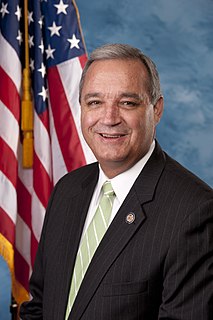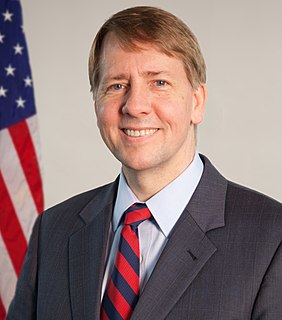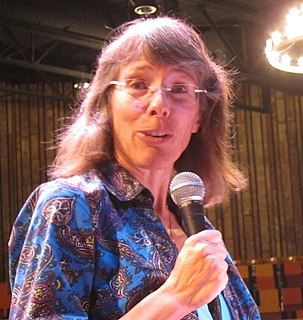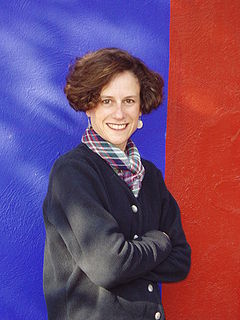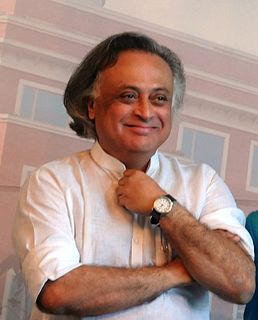A Quote by Gina Miller
In more stable political times, a low turnout in the E.U. elections was a luxury we could afford.
Related Quotes
Elections in India are not contests between personalities. They are ultimately battles involving political parties; promises and pledges that political parties make; the vision and programmes that political parties bring to the table. So although, Modi's style is 'I, me, myself,' I don't think 2014 elections as a Modi versus Rahul contest.





